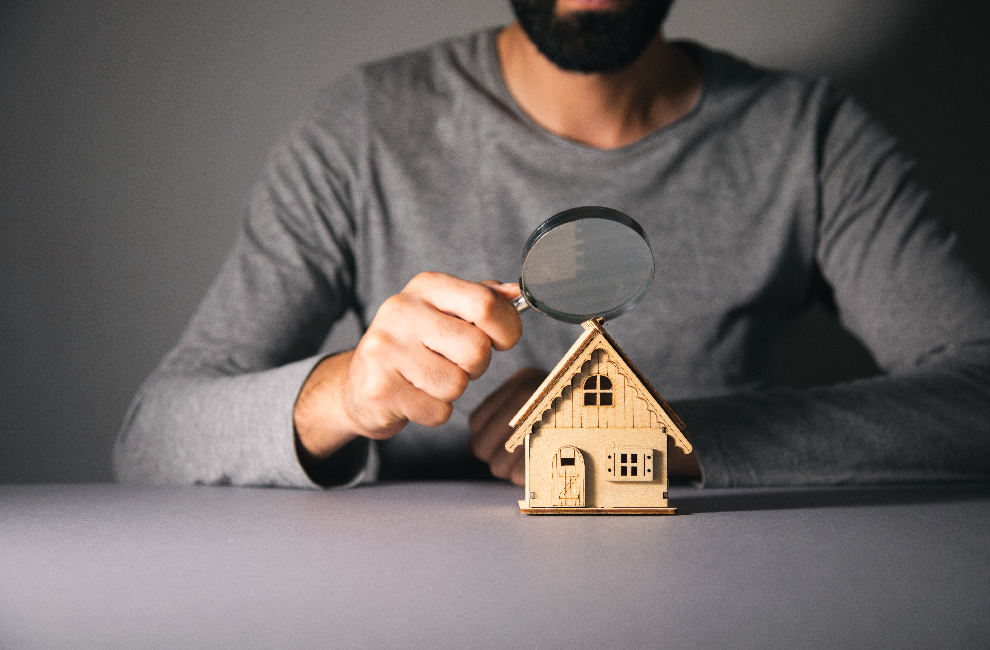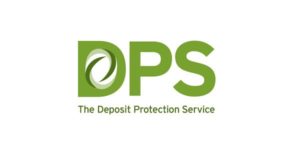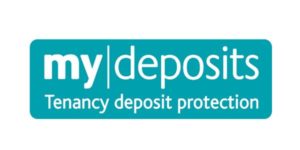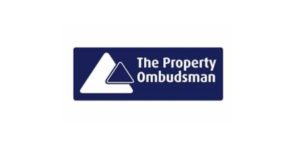Being a landlord comes with a lot of responsibilities, one being that your tenants live in a safe house / flat. In order to effectively care for your tenant, you need to care for your property and the best way to do this is with a property inspection. General wear and tear is to be expected but how do you know if your property has experienced more significant damages?
Property inspections help to determine what arrangements have been honoured and what one’s haven’t, allowing landlords to make informed decisions on their next move regarding their property and its occupational status.
This guide will walk landlords and letting agents alike through the process of a property inspection and your rights regarding your property.
What is a property inspection?
A property inspection is a procedure that involves inspecting and documenting the current condition of a property that a landlord has rented out to a tenant. Although an inspection of what has now become someone’s home sounds a little invasive, it’s done with best interests in mind. A landlord benefits by knowing that their property is in good condition and a tenant gets the peace of mind to know that their home is safe.
There are different rules and legal obligations a landlord must adhere to when it comes to rental property inspections in order to make sure they’re tending to their tenants wellbeing as they have a duty of care towards them. Some of the legal obligations a landlord has towards their tenants includes:
- Safe gas, water and electricity supply
- Safe appliances
- Safe wiring
- Safe interior and exterior (including getting rid of asbestos or black mould)
A property inspection also allows a landlord to conduct check-ups on their property to ensure that it is being treated as intended and that the tenants of said property are following the guidelines you have set in place.
Remember that although the property belongs to you, it is now the home for someone so when conducting a property inspection, you must make sure that you are inspecting fairly and in a way that will not cross your tenants boundaries.
Why do rental properties need inspection?
A property inspection can help you to identify the condition of both the interior and exterior of the property and take note of anything that needs to be addressed. As a landlord, you will have a handful of different responsibilities that you are obliged to fulfil, one of them being a duty of care towards your tenants. If your property has experienced some damage, whether structural or otherwise, you will need to make sure it’s documented and reported for the safety of your tenants.
If the situation is that the tenant is unfortunately not complying with the rules and regulations you formed for the property, then an inspection can be used as evidence for disputing this. It is generally recommended to conduct these inspections periodically, whether this is for periods of every 3, 4 or 6 months is up to each landlord respectively.
Additionally, carrying out a property inspection means that a landlord can achieve the following:
- Check for any maintenance that needs to be conducted
- Note and apply for services to see to any unpredicted repairs
- Assess the overall health & safety status of the property
- Create a more respectable relationship with your tenant(s)
- Assess how tenant(s) are treating your property
- Prepare for any upcoming property viewings
What should a landlord be looking for in an inspection?
When undertaking a property inspection, it can be easy to forget or miss aspects that need to be checked but it’s just as easy to be unsure as to what exactly you need to be looking for.
And whilst it’s completely up to the landlord as to what they look for, it’s good to have a list of what you should check. If you do decide to carry out a more in-depth inspection, remember to check each and every room in the property, from top to bottom, basement to attic.
Make it easy on yourself with a simple checklist:
- Damp
- Mould
- Leaks
- Blocked drains
- Smoke alarms, carbon monoxide alarms and other related alarms
- Gas appliances
- Unauthorised subletting or lodgers
- Unauthorised pets
- Doors and escape routes
- Are these in easily accessible locations?
- Are they blocked or obscured by anything?
- Furnishings
- Are handles or railings fitted tightly or are they loose?
- Pest infestation
- Is there a significant amount of pests such as flies or mice?
- General cleanliness
- Is the property being cleaned to an acceptable standard?
- Are there piles of rubbish or rubbish bags filling the property?
- Garden condition
- Is it overgrown and generally uncared for?
Can a landlord enter a property without notice?
No – The guidelines written in the Housing Act 1988 states that all landlords need to give tenants a 24 hour minimum notice before entering the property so they are not allowed to show up without any notice as a means of respecting their tenant(s) rights and privacy.
In addition to this, any visits and inspections must be conducted during a reasonable time during the day, which is why it’s important to maintain a good level of communication with your tenant. If your tenant works hours that differentiate to the typical 9-5, you’ll need to agree on the best time that works for you both.
You must remember that whilst the property belongs to you, it is still your tenant’s home, meaning it must be treated with respect and decency so even if you have arranged a date and time for a property inspection, it is not acceptable to give yourself permission to enter the premises even if you possess a master key.
Finally, if you’re planning on entering the property without the tenant present, make sure they are informed and consent to this. If you enter without your tenant being in the property and it is not to attend to an emergency, you could potentially face legal consequences.
What if a tenant refuses entry to the property?
Your tenant(s) has every right to refuse entry if you show up to the property unannounced and without arranging it beforehand. However, in some instances a tenant may refuse entry even when both you and them have agreed on a day/time. If the situation does become this extreme, you have the right to serve a section 21 notice to your tenant.
Regardless of why a tenant could be refusing to allow their landlord to enter the property, by law, you cannot willfully enter as this will be considered as trespassing. Maintaining a good relationship with your tenants with frequent and clear communication is what will prevent incidents such as a refusal of entry from occurring.
What to do in the case of an emergency at the property
If a property is inspected properly, there will be reduced risk of emergencies yet they still happen. In a situation such as criminal activity, fires, gas leaks, major damage to the property or any other extreme emergency, a landlord will have a right to access the property without giving notice, but it is still advised to inform the tenant as soon as possible to maintain that open and transparent communication.
If you’re in need of some assistance with your property inspections, we can provide guidance and support. Our landlord services provide you with the flexibility on how we can manage your property, from let only to full management.



















